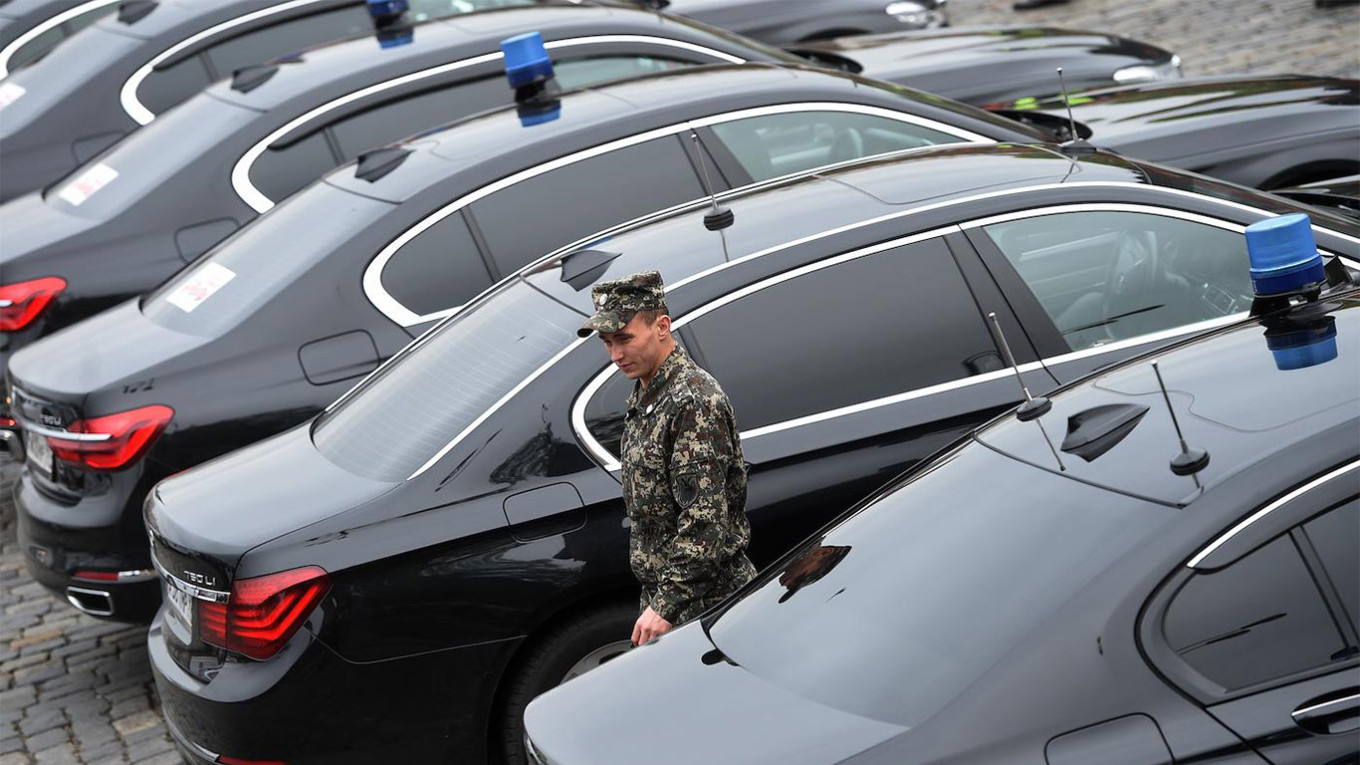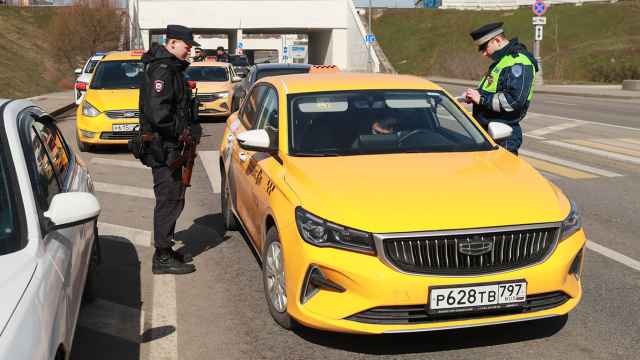Russia's government has continued to buy foreign-made cars despite calls by President Vladimir Putin last month for officials to start using domestic-made vehicles, the investigative news outlet Agentstvo reported Monday.
Overall, Russian government bodies, agencies and state-affiliated companies purchased 151 foreign-made cars worth 566 million rubles ($5.9 million) in August, according to state procurement data cited by Agentstvo.
Chinese brands accounted for 114 of the vehicle purchases, while the remaining 37 were cars made in Japan, South Korea and the Czech Republic. China’s Great Wall Motor, South Korea’s Hyundai Motor and Japan’s Toyota were among the most sought-after carmakers, the outlet said.
Russia’s General Prosecutor’s Office and a Defense Ministry engineer center are reportedly among the buyers, which also included customs, security and emergency agencies at the regional level.
On Aug. 3, Putin demanded that officials stop purchasing foreign-made cars and called on them to use domestic-made vehicles for their transportation needs.
“[Government] ministries, departments and agencies have asked to continue purchasing... foreign-made cars. It’s out of the question,” he said at a Kremlin meeting with Russian industry executives, noting that officials may have to get used to vehicles that are “more modest.”
Russia’s car manufacturing industry has been one of the hardest-hit sectors by sanctions and the mass exodus of foreign companies from the country.
Amid the departure of foreign automakers — including Renault, Toyota and Volkswagen — from the country, Moscow has sought to bolster domestic car manufacturing.
Russia’s lower-house State Duma pledged to switch to domestic car brands by September.
In 2018, Putin swapped his usual Mercedes with the Russian-made Aurus limousine for the presidential state vehicle.
A Message from The Moscow Times:
Dear readers,
We are facing unprecedented challenges. Russia's Prosecutor General's Office has designated The Moscow Times as an "undesirable" organization, criminalizing our work and putting our staff at risk of prosecution. This follows our earlier unjust labeling as a "foreign agent."
These actions are direct attempts to silence independent journalism in Russia. The authorities claim our work "discredits the decisions of the Russian leadership." We see things differently: we strive to provide accurate, unbiased reporting on Russia.
We, the journalists of The Moscow Times, refuse to be silenced. But to continue our work, we need your help.
Your support, no matter how small, makes a world of difference. If you can, please support us monthly starting from just $2. It's quick to set up, and every contribution makes a significant impact.
By supporting The Moscow Times, you're defending open, independent journalism in the face of repression. Thank you for standing with us.
Remind me later.






